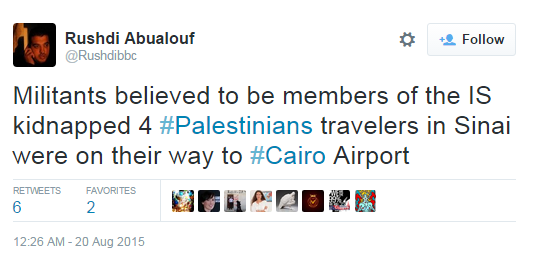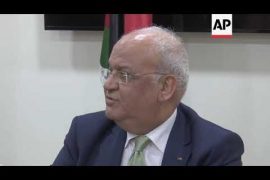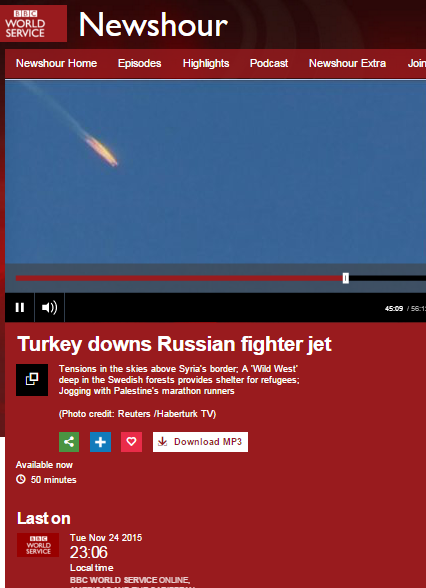When sirens warning of rocket fire from Syria sent residents of the northern Golan Heights and Upper Galilee scurrying for shelter shortly before 5 a.m. on November 19th, the BBC did not find that story newsworthy.
“Four projectiles were fired at northern Israel from Syria in the predawn hours of Tuesday morning, the Israel Defense Forces said. All four were intercepted by the Iron Dome missile defense system.
The Israeli military believes the rockets were fired by Iran or one of its proxies.”
The Israeli response which came the next day was however considered worthy of BBC News website coverage and on the morning of November 20th a report originally confusingly headlined “Israel hits ‘dozens of Iranian and Syrian targets’” and now titled “Israel carries out ‘wide-scale strikes’ on Iranian forces in Syria” was published on its ‘Middle East’ page.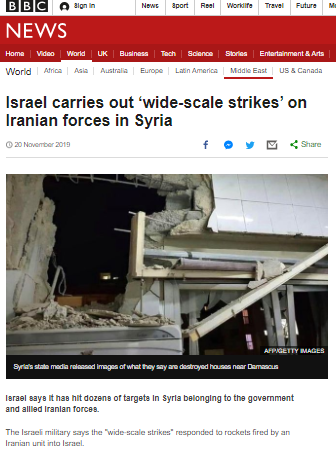
Apparently not having bothered to verify details of the previous day’s incident itself, the BBC reported it as something that ‘Israel said’ happened.
“The Israeli military says the “wide-scale strikes” responded to rockets fired by an Iranian unit into Israel. […]
On Tuesday morning, the Israeli military said it had intercepted four rockets fired from Syria towards northern Israel. It said the rockets did not hit the ground.”
As usual in coverage of such incidents, the BBC’s report uncritically amplified claims made by the infamous Syrian state news agency.
“Syria says two civilians died and that Syrian air defences shot down most of the missiles over Damascus. […]
Syria’s state news agency Sana said that the country’s “air defence confronted the heavy attack and intercepted the hostile missiles”.
It said that Syria destroyed “most” of the Israeli missiles.
The news agency added that the strikes on Syrian territory were carried out from “Lebanese and Palestinian territories”.”
Also in line with longstanding BBC editorial policy, the report presented an unnecessarily qualified account of Iran’s activities in Syria.
“Israel has carried out hundreds of strikes in Syria since the civil war broke out in 2011.
It has been trying to thwart what it calls Iran’s “military entrenchment” there and block shipments of Iranian weapons to Lebanon’s Hezbollah movement.”
Readers were told nothing of the list of Iranian attacks on Israel throughout the past two years.
Later the same day the BBC News website published an additional article by its diplomatic correspondent Jonathan Marcus titled “Israel-Iran: Risk of an all-out conflict grows after Syria strikes” and inaccurately tagged “Syrian civil war”.
The BBC News Twitter account promoted that article with the claim that “Israel’s strikes in Syria risk broad conflict with Iran”.
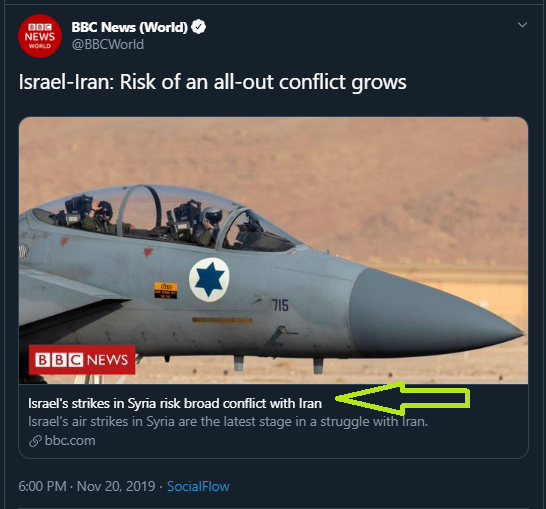
So there we have it: according to BBC-think it is not Iran’s funding and arming of terrorist organisations to Israel’s south and north or Iran’s support for the establishment of Hizballah infrastructure in the Syrian Golan or even Iran’s reported deployment of missiles in south-west Syria which raise the risk of “broad conflict” but Israel’s response to Iranian aggression.
Related Articles:
Iran missile attack: BBC News promotes misinformation
Slapdash BBC News reporting of events in northern Israel and Syria

